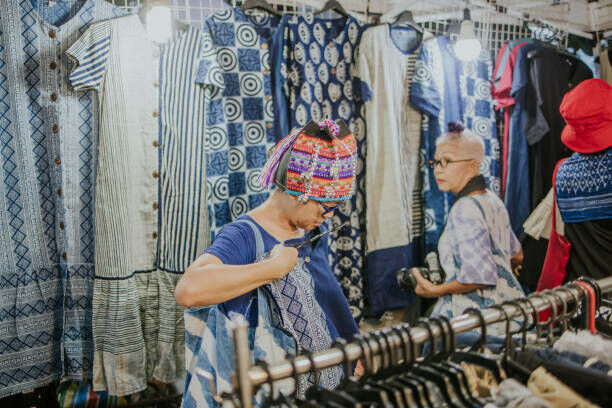FTI urges protection for SMEs against cheap Chinese imports surge

The Federation of Thai Industries (FTI) is advocating for enhanced protection of small and medium-sized enterprises (SMEs) against the surge of inexpensive Chinese products. Kriengkrai Thiennukul, FTI chairman, revealed that the importation of these products has caused certain local manufacturers, predominantly SMEs, to cut their production by 50%.
The FTI asserts that some imported goods require comprehensive inspection, as they may not adhere to safety and environmental regulations. The chairman has been vocal in urging the government to assist businesses in addressing this issue.
Pimphattra Wichaikul, the Industry Minister, had previously directed the Thai Industrial Standards Institute (TISI) to collaborate with the Customs Department to inspect the quality of imported goods, particularly those under TISI’s purview. This directive intended to halt the surge of cheap, substandard goods. Despite these efforts, Kriengkrai claimed that many low-quality products are still being imported into Thailand.
The influx of inexpensive Chinese goods has forced many manufacturers to alter or downsize their production plans, as they are unable to compete with the lower prices offered by Chinese manufacturers, said Kriengkrai.
“Some entrepreneurs decided to adjust their businesses by temporarily shutting down their factories and turning themselves into the importers of Chinese products.”
The chairman of FTI also warned that if the import of cheap products continues to escalate, local supply chains will be the ones suffering the most. The influx of cheap Chinese goods is reportedly impacting local manufacturers across 20 sectors, including steel, aluminium, plastics, ceramics, petrochemicals, and medicine, reported Bangkok Post.
According to Tata Steel Thailand Plc (TSTH), a division of India’s largest steelmaker, Thailand’s capacity utilisation in the steel industry is on a continuous decline. This is due to the slow economic recovery in Thailand and the surge of cheap steel imports from China.
The import volume is predicted to continue rising if the government fails to improve its product certification process.
Latest Thailand News
Follow The Thaiger on Google News:


























